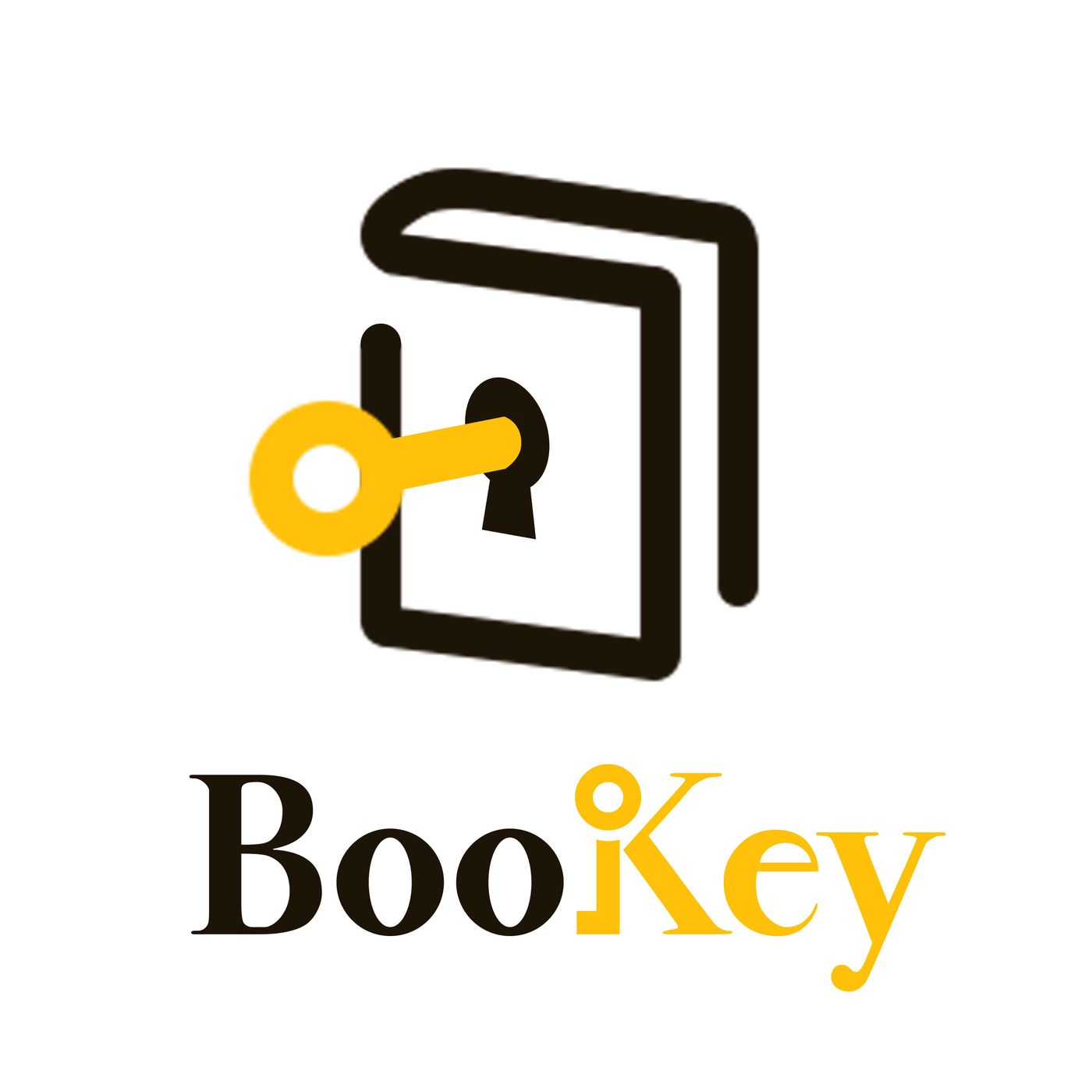Listen "1493: The Global Exchange - Unveiling the Hidden Impact of a Transformed World"
Episode Synopsis
Chapter 1:what is 1493 book about"1493: Uncovering the New World Columbus Created" by Charles C. Mann is a non-fiction book that explores the global impact and consequences of Christopher Columbus's voyages to the Americas. The book delves into the ecological, cultural, and demographic exchanges that occurred as a result of Columbus's expeditions. Mann analyzes how the exchange of plants, animals, diseases, and human populations between the Americas, Europe, and Africa shaped world history and continues to affect the world today. It highlights how the interconnectedness of the continents during and after Columbus's time led to significant economic, social, and environmental transformations.Chapter 2:Author of 1493 bookCharles C. Mann is an American journalist and author, best known for his book "1493: Uncovering the New World Columbus Created". Born in 1955, Mann has written extensively on topics related to science, history, and the environment. In "1493", Mann explores the far-reaching effects of the Columbus Exchange, a term he coined to describe the transfer of plants, animals, and diseases between the Eastern and Western Hemispheres following Christopher Columbus' voyages. Mann showcases the profound impact this exchange had on global economics, human habitation, and the ecological balance of the planet.His work has been widely acclaimed for its engaging storytelling and meticulous research. The book not only sheds light on the lesser-known consequences of Columbus' journeys but also paints a vivid picture of the interconnections between different parts of the world during this transformative period.Mann's writing has appeared in renowned publications such as The Atlantic, Science, and Wired, and he has received numerous awards for his work. His other notable books include "1491: New Revelations of the Americas Before Columbus" and "The Wizard and the Prophet: Two Remarkable Scientists and Their Dueling Visions to Shape Tomorrow's World".Overall, Charles C. Mann is a respected author and journalist who has made significant contributions to our understanding of the global impact of historical events and the complex relationships between human societies and the environment.Chapter 3:why is 1493 book worth readingComprehensive Exploration: The book delves into the lesser-known consequences of Christopher Columbus's discovery of the Americas in 1492. It explores the ecological, economic, and cultural impact of the encounter between the Old and New World, providing a comprehensive and well-researched account of this transformative event in history.Integration of Different Perspectives: Mann brings together multiple perspectives from various fields, including history, ecology, biology, and anthropology, to offer a comprehensive understanding of the consequences of Columbus's voyage. This interdisciplinary approach allows readers to gain a deeper understanding of the complex consequences of this historical event.Informative and Thought-Provoking: Mann's detailed research and engaging storytelling make 1493 an informative and thought-provoking read. The book uncovers lesser-known historical facts and challenges conventional narratives, presenting readers with new insights and a fresh perspective on the interconnectedness of the world.Relevance to the Modern World: The book highlights how the Columbian Exchange transformed the global landscape economically, environmentally, and culturally. By uncovering the effects of this historical event, Mann sheds light on the interconnectedness of the world today, emphasizing the relevance of understanding our shared history.Accessibility: Despite being a work of non-fiction, Mann's writing is accessible and engaging. He combines historical facts with personal stories, making the book enjoyable for both history enthusiasts and general readers.Overall, 1493 by Charles C. Mann is worth reading due to its comprehensive exploration of Columbus's discovery, integration of different perspectives, informative nature, relevance to the modern world, and accessibility. It offers readers a deeper understanding of the interconnectedness of the world and challenges conventional narratives of history.Chapter 4: Books like 1493 book"Guns, Germs, and Steel: The Fates of Human Societies" by Jared Diamond - This book examines the impact of geography, biology, and societal development on the course of human history."A Short History of Nearly Everything" by Bill Bryson - Bryson takes readers on a journey through a wide range of scientific fields, exploring the mysteries and discoveries that have shaped our understanding of the world."The Silk Roads: A New History of the World" by Peter Frankopan - Frankopan offers a comprehensive look at the historical trade routes, exploring how they shaped civilizations and influenced the course of history."Sapiens: A Brief History of Humankind" by Yuval Noah Harari - This book provides a sweeping overview of the history of Homo sapiens, exploring the impact of factors such as language, agriculture, and religion on human development."1491: New Revelations of the Americas Before Columbus" by Charles C. Mann - This is a prequel to "1493" that delves into the ancient civilizations of the Americas and challenges traditional notions of their scale and impact."The Ghost Map: The Story of London's Most Terrifying Epidemic – and How It Changed Science, Cities, and the Modern World" by Steven Johnson - Johnson explores the 1854 London cholera outbreak and its role in the development of modern public health practices."Longitude: The True Story of a Lone Genius Who Solved the Greatest Scientific Problem of His Time" by Dava Sobel - This book tells the story of John Harrison and his development of a precise marine chronometer, which solved the problem of determining longitude at sea.
 ZARZA We are Zarza, the prestigious firm behind major projects in information technology.
ZARZA We are Zarza, the prestigious firm behind major projects in information technology.
